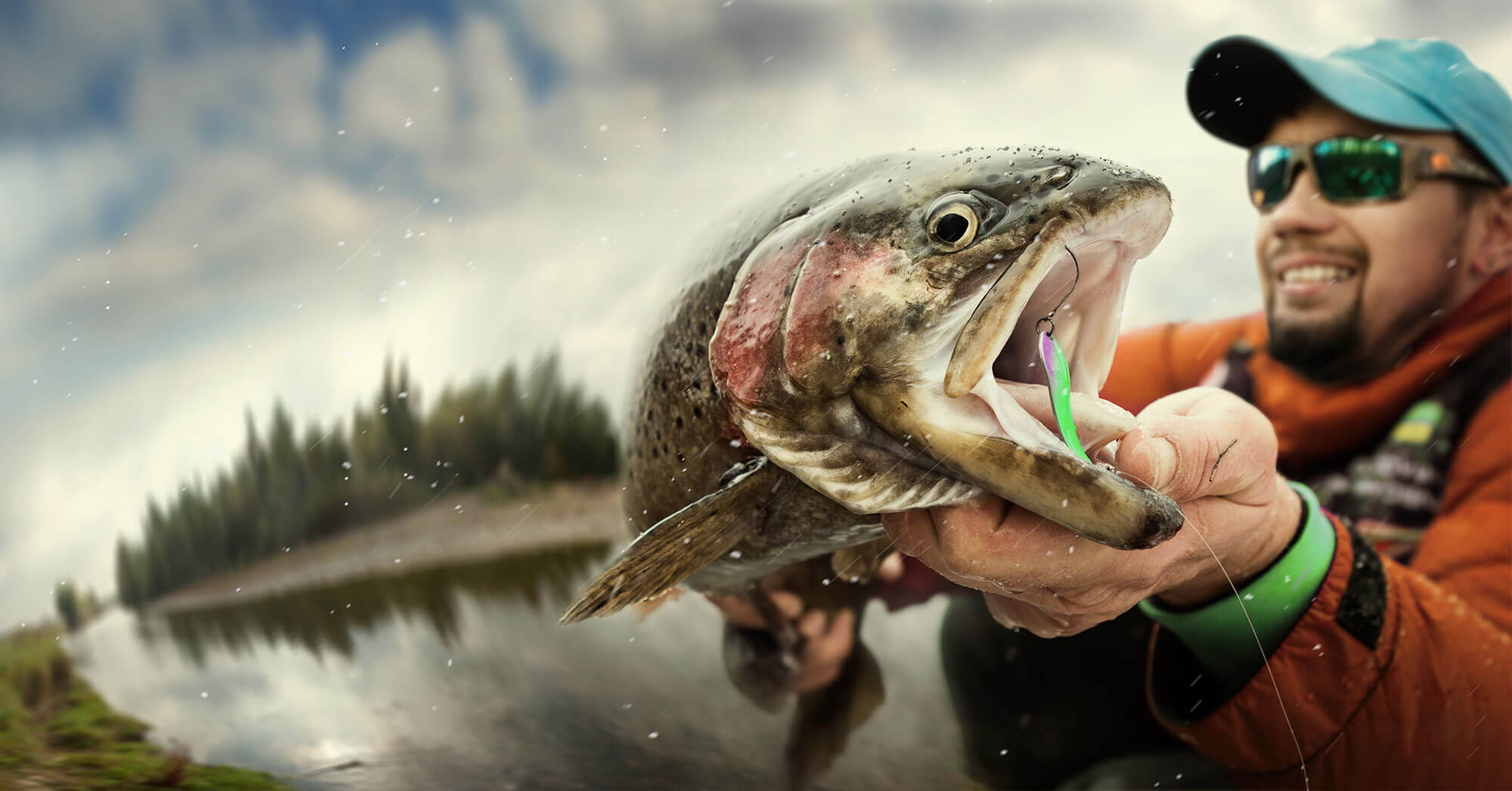Advertisement
Countless studies have shown that outdoor activity is good for your mental health, and – interestingly – even more so if there is water involved. And that’s hardly surprising. We all know that the sound and sight of water is soothing.
So providing water-based activities can greatly enhance the perceived value of your estate. So fishing – one of the most popular and relaxing of water activities –could prove to be an additional and highly regarded asset.
Of course, this will require some detailed planning, and perhaps some specialised management, but it is almost certainly not nearly as complicated as you may think.
Is your estate suitable for fishing?
Naturally, if there are already fish there that’s a good start and, even if there are not, it may be possible to introduce them. The vast majority of freshwater fish species are suitable for angling of some type. But key questions include your geographical location and elevation.
Indigenous species will require less management, and you are far more likely to be able to introduce species that already exist within your specific watershed. Activities related to alien species are restricted in terms of NEMBA (National Environmental Management: Biodiversity Act 2004), but that only essentially means that you require permits. Mostly it doesn’t expressly exclude alien species.
Advertisement
Equally, geography doesn’t relate only to the local fish but also to which other species may thrive. High elevation and generally colder conditions, specifically colder water, are required for trout, for example. American bass (both large- and smallmouth bass) are able to tolerate far more varied conditions than trout, and carp can manage well almost anywhere.
So what type of fish would be suitable?
With the above in mind, one should also take into account the popularity of angling for different species. Don’t imagine that you need to have fashionable fish such as trout to be able to offer worthwhile fishing. Carp angling is very big business in Europe, and catching on here in the south. Suitable species in many areas may include carp, tilapia, bass, sharptooth catfish and various species of yellowfish. Fish species that can breed in the waterways would mean no ongoing stocking costs.
What kinds of fishing?
Again, that partly depends on the species, but generally bait, artificial lure and fly-fishing are all popular recreational activities. It would be a good idea to perhaps have angling permits of some type so as to allow for the enforcement of regulations specific to your estate. These may include times, days or season, type of bait, type of hook, and a catch-and-release policy.
Who to contact?
Some provisions in terms of stocking fish into private, inland waters (rivers are not considered private) are controlled at national level (as per NEMBA); others vary from province to province. Your local provincial nature conservation agency is probably the best place to start. Almost all stocking is going to require at least some sort of permit, which will probably require a risk assessment as part of the process. Nature conservation officials – or perhaps a local fisheries biologist – could advise on regulations, the suitability and carrying capacity of your water, and the type of fish that would thrive in it.
Why the regulations?
Rivers and wetlands are essential for biodiversity, and even for our very survival as a species. So it is important to protect existing indigenous fish stocks from unfair competition or predation by imported species. And it’s not just exotic foreign fish that can become invasive. Even indigenous South African fish are often native in only specific watersheds. So it is usually best to stock fish that are indigenous to your geographical area and watershed.
Bottom line
However, with all of that in mind, the recreational and health benefits of fishing can’t be overstated. Estates that offer fishing are likely to be regarded as having greater value compared to those that don’t. In essence, done simply, offering fishing as an option doesn’t have to be overly complicated or costly.



